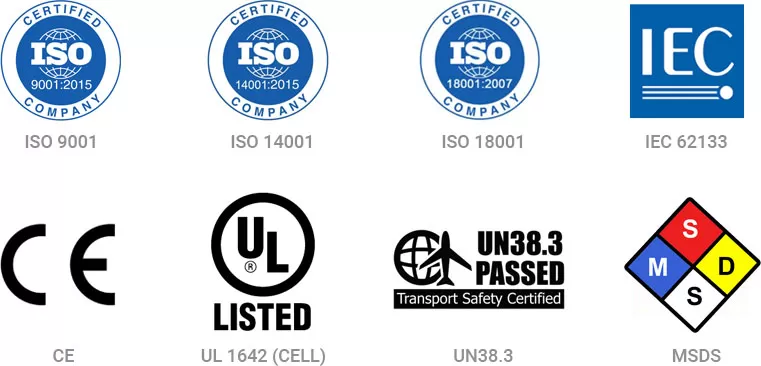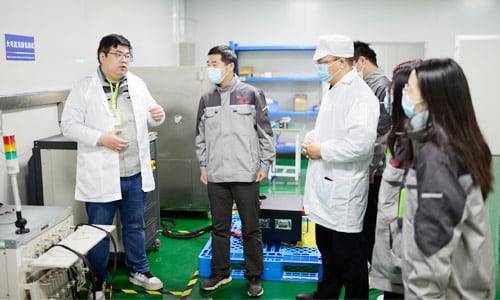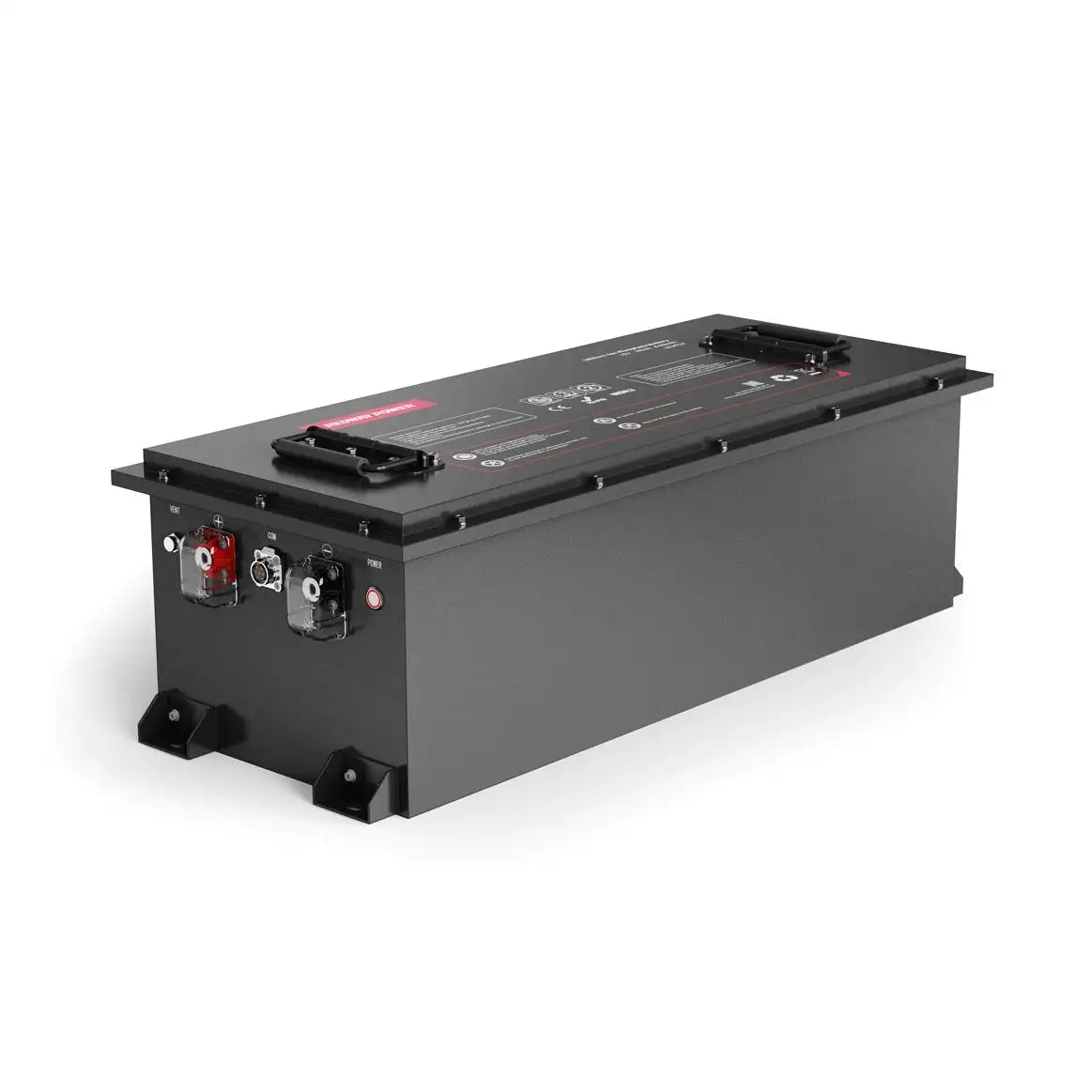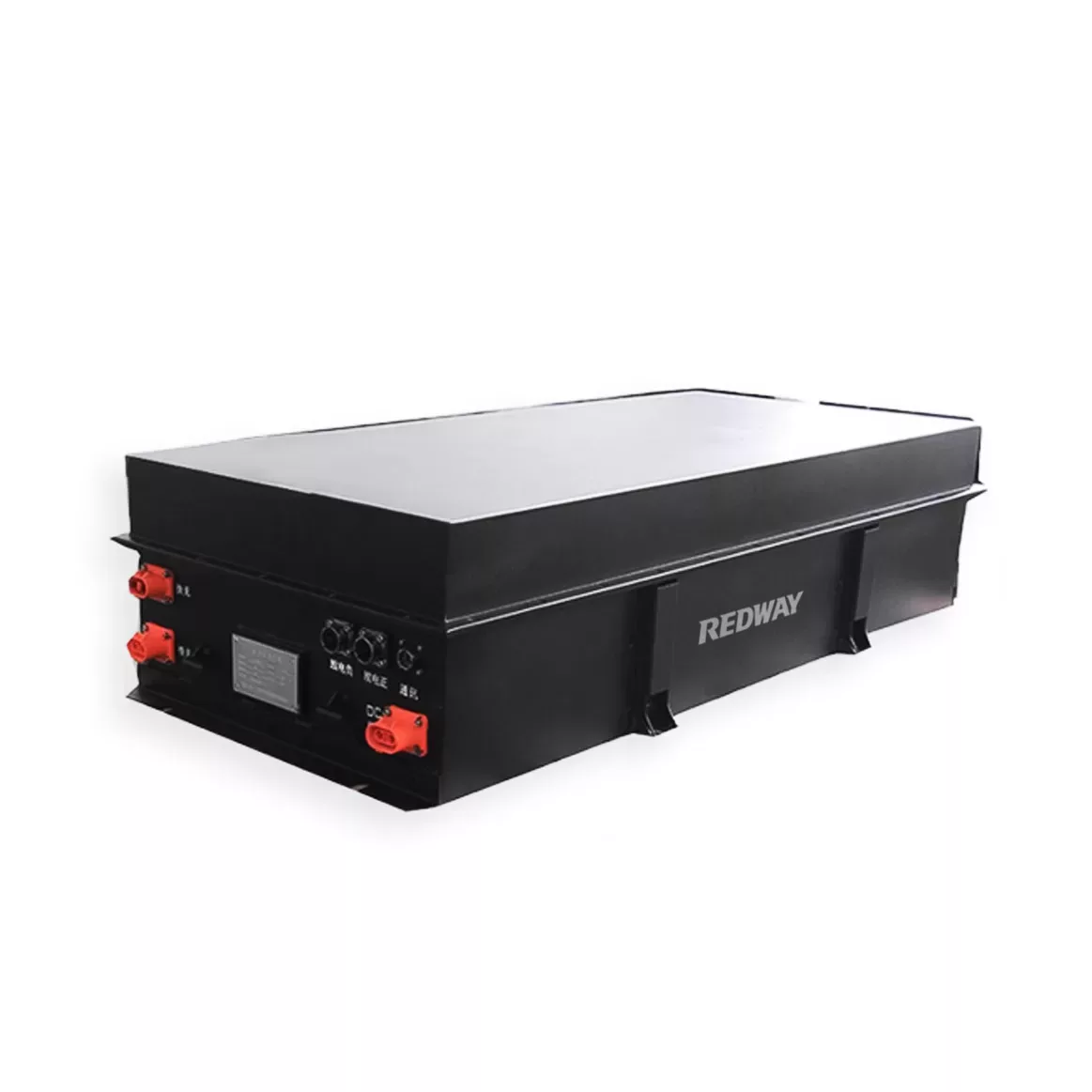Product Cateogries
72V LiFePO4 Batteries
Redway proudly offers 72V LiFePO4 batteries, ideal for high-demand applications such as electric vehicles, industrial machinery, and large-scale energy storage systems. Renowned for their high energy density and robust safety features, these batteries provide reliable and efficient power with minimal maintenance. Whether you need a standard or custom solution, our engineering team is ready to assist in designing a battery system that meets your precise requirements, all at competitive prices. Contact us now to discover the benefits of our 72V LiFePO4 batteries for your next project.
All Redway Products Come with

DIDN’ T FIND WHAT YOU WERE LOOKING FOR?
CUSTOM 12V BATTERY SOLUTIONS
As a premier 12V LiFePO4 Batteries manufacturer, Redway provides a diverse lineup of battery options for multiple uses. Our skilled engineers are ready to assist you in crafting, developing, testing, and producing customized 12V battery solutions to fit your specific requirements. Reach out to us today to delve into our comprehensive battery offerings and learn how we can create a OEM 12V LiFePO4 battery for you. Don't miss our LiFePO4 Golf Cart Batteries, Rack-Mounted Battery Modules, and LiFePO4 RV Batteries among others.
DEDICATED FACTORY SUPPORT
Redway Battery is a renowned lithium-ion battery manufacturer and supplier located in China. Redway specializes in delivering OEM/ODM lithium batteries, catering to potential clients and customers.
What distinguishes us is our exceptional dedicated factory support. Our advanced facilities are staffed by expert engineers, allowing us to deliver high-quality, innovative products.
Our quick factory support focuses on personalized client service, from design to delivery, offering flexible pricing and reliable products for both OEM/ODM needs.
LEARN BATTERY KNOWLEDGE
Our team of battery experts at Redway Battery is dedicated to sharing comprehensive knowledge about new energy technologies. Passionate about customizing batteries for a diverse range of electronic devices, we offer tailored and specialized battery solutions. We take pride in delivering the most up-to-date and professional information on batteries. Covering a wide array of topics, our expertise includes battery knowledge, industry news, company updates, and informative guides, among others. By staying connected with us, you can access the latest practical insights and information on battery technologies and their applications. Unlock valuable knowledge and resources as you explore the world of batteries with us. Dive deeper into Battery Knowledge through these sections: Top 10 Posts, Redway News, Industrial News and Must-know Knowledge.

DOWNLOAD REDWAY PRODUCT BROCHURE AND SPEC
REDWAY PROMISE

QUALITY
6000 TIMES CYCLES
5 YEARS WARRANTY
10 YEARS DESIGN LIFE

CERTIFICATION
ISO9001,ISO14001, OHSAS18001, CE, CB, UL, KC, FCC, BIS, IEC62133.

SERVICES
EXW, FOB, DAP, DDP OPTIONAL T/T, L/C OPTIONAL
Related Knowledge
LiFePO4 Technology and Specifications
What are the benefits of LiFePO4 batteries compared to other lithium batteries?
LiFePO4 batteries offer unmatched safety, longevity, and thermal stability. They have a longer lifespan (up to 10 years), higher efficiency, and lower environmental impact due to non-toxic materials. Unlike other lithium batteries, they are less prone to overheating and thermal runaway, making them ideal for various applications.How does LiFePO4 chemistry work?
LiFePO4 chemistry involves lithium ions moving between the lithium iron phosphate cathode and the anode (typically graphite) during charging and discharging. This stable structure provides excellent thermal stability and safety, contributing to the battery’s long cycle life and reliability.What are the typical specifications of a 72V LiFePO4 battery?
A typical 72V LiFePO4 battery has a nominal voltage of 72 volts, with capacities ranging from 40Ah to 200Ah. They often feature high energy density, low self-discharge rates, and integrated Battery Management Systems (BMS) for enhanced safety and performance.How do capacity and voltage affect battery performance?
Capacity determines how much energy a battery can store, influencing runtime. Voltage affects power output; higher voltage allows for more efficient operation in high-drain applications. Together, they define how well the battery meets specific application demands.
Applications
How are 72V LiFePO4 batteries used in electric motorcycles and scooters?
In electric motorcycles and scooters, 72V LiFePO4 batteries provide reliable power for propulsion. Their lightweight design enhances performance and range while allowing for quick charging times, making them ideal for urban commuting.What are the advantages of using LiFePO4 batteries in electric vehicles?
LiFePO4 batteries offer longer lifespans, improved safety due to thermal stability, lightweight construction, faster charging capabilities, and reduced maintenance needs compared to traditional lead-acid batteries, making them ideal for electric vehicles.Can 72V LiFePO4 batteries be used for solar energy storage?
Yes, 72V LiFePO4 batteries can be effectively used for solar energy storage systems. They efficiently store excess energy generated by solar panels, providing reliable power during periods without sunlight or during peak demand times.What are the benefits of using LiFePO4 batteries in off-grid solar systems?
Benefits include long cycle life, high efficiency, low self-discharge rates, and safety. Their ability to handle deep discharges makes them suitable for off-grid applications where consistent power is essential for energy independence.
Performance and Maintenance
What is the expected lifespan of a 72V LiFePO4 battery?
The expected lifespan of a 72V LiFePO4 battery typically ranges from 8 to 12 years, or about 5,000 to 6,000 charge cycles with proper maintenance. Regular monitoring and avoiding deep discharges can help maximize longevity.How does depth of discharge (DoD) affect battery cycle life?
Depth of discharge (DoD) significantly impacts cycle life; shallower discharges generally lead to longer battery life. Limiting DoD to around 20-30% remaining charge can extend the number of cycles a battery can endure.What are the best practices for charging a 72V LiFePO4 battery?
Best practices include using a charger specifically designed for LiFePO4 batteries, charging at recommended voltages (around 83.95V), and avoiding overcharging. It’s also advisable to charge in a cool, dry environment.How do temperature ranges affect charging and discharging?
Extreme temperatures can adversely affect performance; high temperatures may lead to overheating while low temperatures can increase internal resistance. Ideally, maintain operation between -10°C and 60°C (14°F to 140°F) for optimal performance.How can you maintain a 72V LiFePO4 battery for optimal performance?
To maintain optimal performance, regularly check voltage levels, keep terminals clean, avoid deep discharges, and store the battery in a cool, dry environment. Use the appropriate charger and monitor for any signs of wear or damage.What safety precautions should be taken when handling LiFePO4 batteries?
Safety precautions include wearing protective gear (gloves and goggles), ensuring proper ventilation during charging, avoiding short circuits by keeping terminals covered, and using chargers designed specifically for LiFePO4 batteries to prevent overcharging.
Comparisons
What are the key differences between LiFePO4 and lead-acid batteries?
Key differences include lifespan (LiFePO4 lasts 5-10 years vs. lead-acid’s 3-5 years), weight (LiFePO4 is lighter), efficiency (LiFePO4 has higher energy density), and depth of discharge tolerance (LiFePO4 can handle deeper discharges without damage).Why should you choose LiFePO4 over lead-acid for specific applications?
Choose LiFePO4 for applications requiring longer lifespan, faster charging, greater efficiency, and improved safety. They are ideal for electric vehicles, renewable energy storage, and high-drain devices where reliability and performance are critical.How does LiFePO4 compare to lithium-ion and lithium-polymer batteries?
LiFePO4 offers superior thermal stability and safety compared to lithium-ion and lithium-polymer batteries. While lithium-ion provides higher energy density, LiFePO4 excels in longevity and safety, making it suitable for applications where these factors are prioritized.What are the advantages and disadvantages of each lithium technology?
LiFePO4 advantages include long cycle life and safety; disadvantages include lower energy density. Lithium-ion offers higher energy density but may have shorter lifespans and safety concerns. Lithium-polymer is lightweight but typically less durable than both types.





